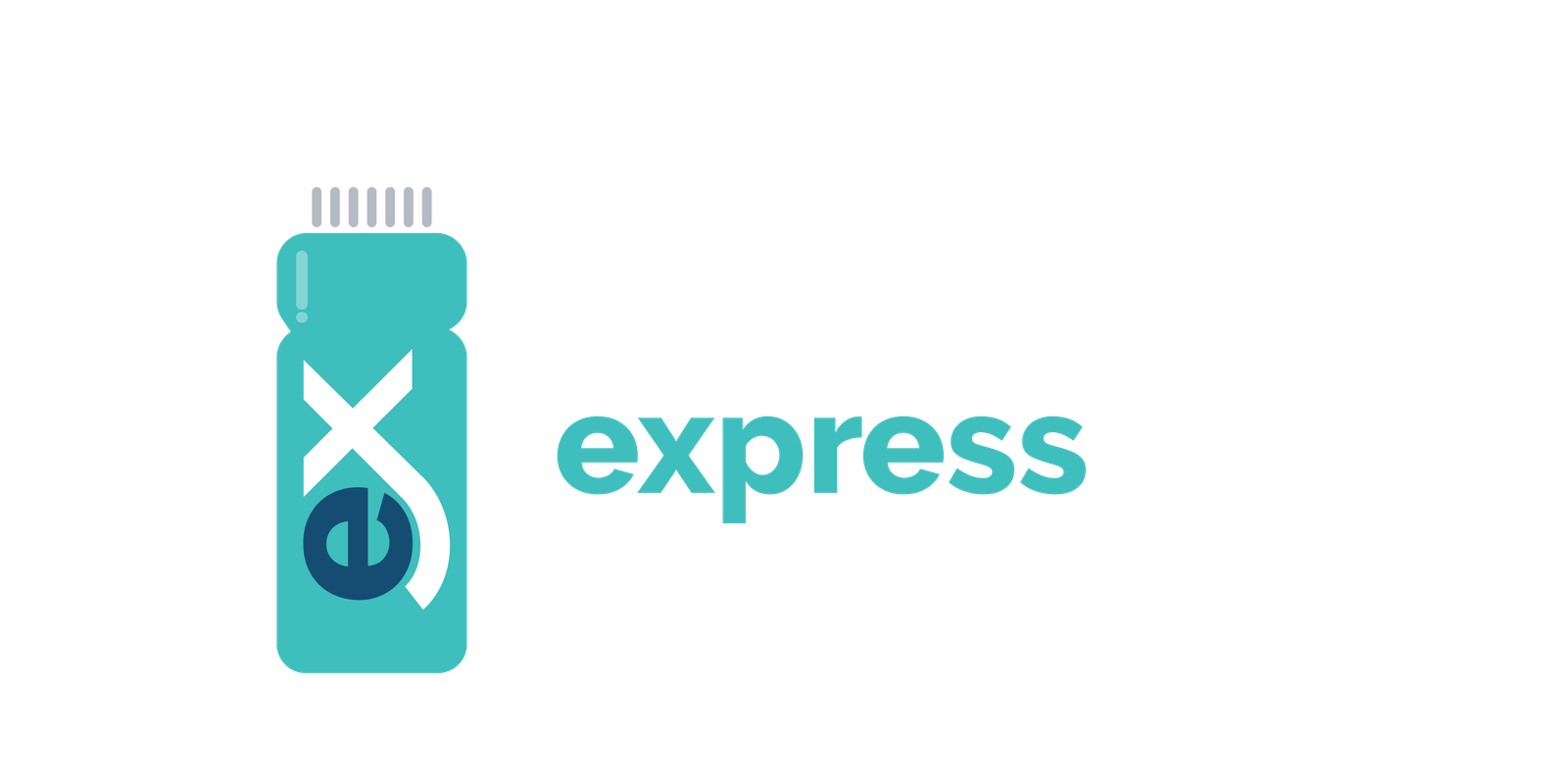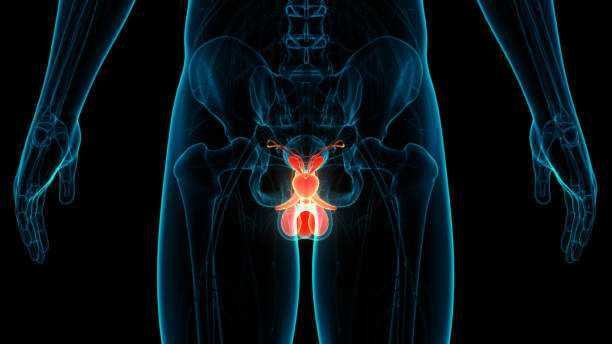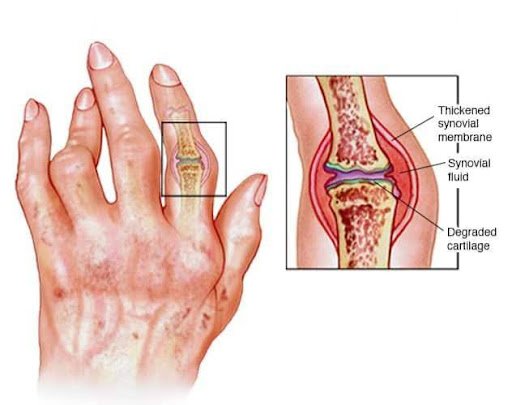Enlarged Prostate:
How does this happen? How can I Avoid or Treat it?
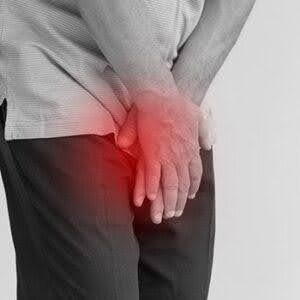
UNDERSTANDING THE PROSTATE
Nestled beneath the bladder, residing gracefully in the front zone of the rectum, the prostate emerges as a petite powerhouse. Its chief duty? Crafting the essential fluid that fuels and ferries sperm – is a crucial task in the realm of reproductive function. Now, as the chapters of life unfold, the prostate decides to stretch its legs a bit, undergoing a natural enlargement dance. But, here’s the twist: sometimes, the prostate decides to grow more than usual, causing some signs like changes in how you pee. Understanding these details is like having a guide to take charge of your health, mixing it with care and looking out for your well-being.
Before we delve into the intricacies, explore “Optimal Men’s Health: Conquer Prostate Challenges, Erectile Dysfunction and High Blood Pressure.” a guide crafted to empower you on the journey to conquering prostate challenges, erectile dysfunction, and high blood pressure.
Download Optimal Men’s Health now and take the first step towards a healthier tomorrow.
Now, let’s explore the crucial aspects of maintaining a healthy prostate.
OUTLINE
RISK FACTORS FOR ENLARGED PROSTATE IN AFRICAN MEN
Numerous factors pose potential risks for African men, increasing the likelihood of developing an enlarged prostate. Acquiring an understanding of these elements empowers individuals to take proactive steps in maintaining optimal prostate health. Let’s delve into key considerations surrounding these risk factors:
- Age: As time unfolds, aging becomes a key factor for African men aged 50 and above in the potentiality of an enlarged prostate. With each passing year, the chance of prostate enlargement increases.
- Family History: The story of our family plays a vital role in shaping the well-being of our prostate. When our dear fathers or beloved brothers have undergone challenges related to their prostate, the chances of us experiencing an enlarged prostate become more real, almost touchable. It’s like embarking on a journey that we all share, where the tales of our family weave together with our own personal health stories.
- Ethnicity: Studies show that African men are more likely to have a bigger prostate than guys from other backgrounds. Why this happens is still being studied, showing how everyone’s health journey is different because of their culture and genes.
- Lifestyle Factors: Your lifestyle influences your prostate health. Sitting a lot, dealing with obesity, and overeating red meat and processed foods increase the risk. It’s like a dance between what you do every day and how it affects your health in the long run.
- Hormonal Imbalances: Let’s talk about hormones like testosterone and estrogen— which play crucial roles in prostate well-being. African men might have unique hormone patterns, probably increasing the chance of a larger prostate.
Comprehending these aspects is really crucial in fortifying the path to maintaining the health of African men’s prostates. It’s not just a medical discourse; it’s a narrative of shared experiences, familial ties, cultural nuances, and personal choices that shape the journey toward prostate well-being.
SYMPTOMS OF ENLARGED PROSTATE
Noticing signs of an enlarged prostate is rather crucial for early detection and effective management. While symptoms may vary, it’s essential to stay alert to the following indicators:
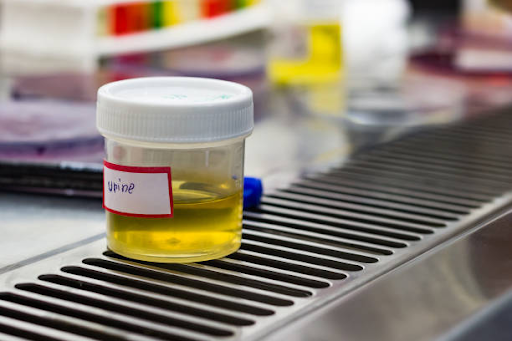
-
- Frequent Urination: If you find yourself needing to urinate often, particularly at night, it could be a sign of an enlarged prostate. This might also come with a sudden urge to urinate or a feeling that your bladder isn’t fully empty.
- Weak Urine Flow: When your urine flow feels weak, or you struggle to start or complete urination, it might be a sign of an enlarged prostate. This can make it tricky to fully empty your bladder.
- Urinary Urgency: Feeling an urgent need to pee, often with added pressure in your bladder, is another clear indicator of a larger prostate.
- Dribbling or Leakage: If you notice dribbling or leakage after you’ve peed, that’s a recurring sign too, showing that your bladder isn’t fully emptying.
- Blood in Urine: In some cases, an enlarged prostate could lead to blood in your urine. If you spot this, it’s crucial to get prompt medical attention.
Recognizing these signs is not only crucial for understanding potential prostate issues but also for uncovering any underlying health conditions. It becomes a necessary step to consult with a healthcare professional for an accurate diagnosis.
DIAGNOSIS AND TREATMENT OPTIONS
Noticing signs that might hint at an enlarged prostate is a moment that calls for connecting with a healthcare professional. Seeking help from your healthcare expert is important to really understand what’s going on with your health. Here, we delve into some common methods for figuring out and addressing an enlarged prostate.
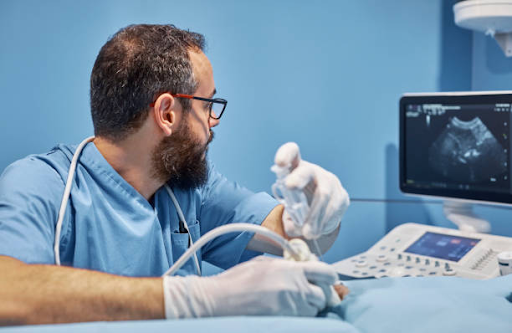 Image Source: iStock
Image Source: iStock
Let’s begin: :
Diagnostic Methods
- Digital Rectal Exam (DRE): In a Digital Rectal Exam, a physician gently inserts a gloved finger into the rectum to examine the prostate, feeling for any irregularities in size, shape, or texture. It’s a hands-on approach, a bit like a personal checkup for your prostate really.
- Prostate-Specific Antigen (PSA) Test: For the Prostate-Specific Antigen Test, a simple blood draw measures PSA levels, a protein produced by the prostate. Elevated PSA levels may indicate issues like prostate enlargement or other prostate-related concerns. It’s like your body sharing its story through a blood sample.
- Ultrasound: As for an Ultrasound, where sound waves create images of the prostate, this painless procedure does provide a visual assessment of the size and health of the prostate gland, like a snapshot of its well-being.
Treatment Options
-
- Watchful Waiting: If the symptoms are gentle, your healthcare partner might suggest a mindful approach, keeping a watchful eye without rushing into action. It’s like tending to a garden, making small adjustments and having regular heart-to-heart check-ins to ensure everything’s blooming as it should.
- Medications: Let’s talk about medications, like alpha-blockers and 5-alpha reductase inhibitors – allies that can lend a hand in easing the grip of an enlarged prostate. They work in harmony, providing comfort to your prostate by soothing muscles and easing its size.
- Minimally Invasive Procedures: In more intricate scenarios, think of procedures like transurethral resection of the prostate (TURP) or laser ablation as thoughtful interventions. It’s very similar to a delicate dance, targeting excess tissue to give your prostate some breathing room.
- Surgery: In specific instances, surgical solutions, such as a prostatectomy, might become a part of the conversation. It’s like tailoring a suit – a unique approach to address your prostate’s needs, ensuring the best fit for your overall health.
- Lifestyle Modifications: Cultivating a wholesome way of life – incorporating regular exercise, maintaining a balanced weight, and savoring a diet rich in fruits, veggies, and whole grains – becomes a supportive companion.
 Image Source: Freepik
Image Source: Freepik
MAINTAINING A HEALTHY PROSTATE
Taking care of your prostate health is like looking after an old friend—preventing problems is much easier than solving them later. While some factors influencing an enlarged prostate may be out of our control, here are simple steps you can take to nurture your prostate health:
-
- Embrace a Balanced Diet: Fill your plate with colorful fruits, veggies, whole grains, lean proteins, and healthy fats. These are like the superheroes supporting your prostate health.
- Stay Active: Engage in regular exercise—it’s like a dance for your well-being. Aim for a joyful 150 minutes of moderate-intensity exercise each week.
- Keep Hydrated: Sip on the elixir of water for good urinary health and proper hydration. Think of it as a refreshing drink for your prostate.
- Combat Stress: Chronic stress can be a villain for prostate health. Counter it with the heroics of stress management—whether through exercise, meditation, or enjoying your favorite hobbies.
- Regular Check-ups: Schedule routine appointments with your healthcare provider. It’s like having a friendly chat to monitor your prostate health and address any concerns promptly.
Remember, noticing issues early and taking proactive steps are crucial for a healthy prostate.
Conclusion
In the hearts of African men, there’s a shared concern, a kind of everyday worry about the possibility of an enlarged prostate. Getting into the nitty-gritty of risk factors and symptoms isn’t just important, it’s like diving into a personal journey of understanding your own body better. Your prostate’s well-being holds significance, and initiating steps today guarantees a healthier tomorrow.
Enthusiast Express is here for you, we are not just handing out info, but like a trusted friend, we are providing essential tools, down-to-earth advice, and unwavering support to help you create a healthier lifestyle. By making choices that feel right for you and having heart-to-hearts with healthcare professionals, African men can cradle their prostate health, not just with strength but with a boost to their overall well-being.
Disclaimer: The information in this article is not intended to be a substitute for professional medical advice, diagnosis, or treatment. Always seek the advice of your physician or qualified healthcare provider with any questions you may have regarding prostate health or any other medical condition.
Related Post
Eat Smart, Train Strong: Your Exercise Nutrition Guide
February 6, 2024 Health & Medicals Eat Smart, Train Strong: Your Exercise Nutrition Guide Image Source: istock INTRODUCTION Hey there… Read More 
Top (Proven) Natural Health & Nutrition Tips For Healthy Living
January 29, 2024 Health & Medicals Do you ever find yourself in the maze of health advice, wondering where to start? Well, you’re in… Read More 
Erectile dysfunction: Viagra and Other Oral Medications
January 16, 2024 Health & Medicals If you’ve been seeking a solution, a permanent one, to curing ED, and you’re looking for a ‘Yea or… Read More 
Erectile Dysfunction: Advanced and Future Treatments.
January 10, 2024 Health & Medicals Several studies have gone into discovering a lasting solution to this regnant force called ED. While… Read More 
Erectile Dysfunction Treatment: Natural Supplements Vs. Medical Treatments
January 5, 2024 Health & Medicals If you’re in between confusing thoughts about which one to choose between Medical solutions and… Read More 
THE IMPACT OF DIET ON SEXUAL PERFORMANCE
January 3, 2024 Health & Medicals Curious about the real impact your diet might have on your sexual performance? Well, buckle up… Read More
Also, for more insights into men’s health and well-being, check out these articles on our page.
RHEUMATOID ARTHRITIS
January 16, 2024 Health & Medicals Buckle up for a chat on Rheumatoid Arthritis—a comprehensive understanding of its operation. Imagine… Read More 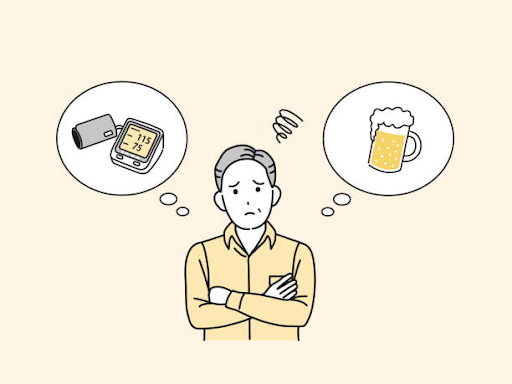
ALCOHOL & BLOOD PRESSURE: What’s The Connection?
January 16, 2024 Health & Medicals Have you ever wondered if that evening drink might be having a subtle chat with your blood… Read More 
CAUSES OF HIGH BLOOD PRESSURE
January 3, 2024 Health & Medicals Welcome aboard, health enthusiasts! Now, we know, discussing the causes of High blood pressure might… Read More 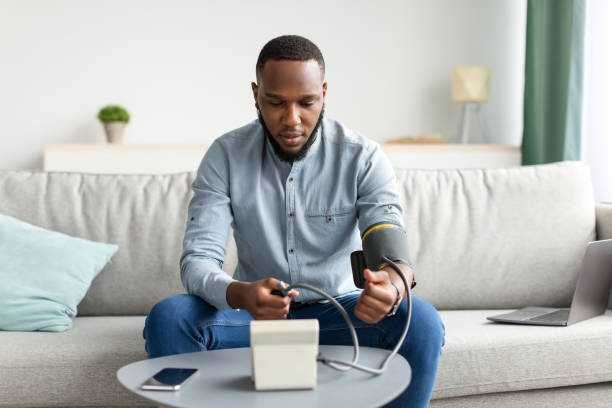
What Causes High Blood Pressure in African Men | Treatment Options
December 6, 2023 Health & Medicals Today, we’re diving into a topic close to our hearts, quite literally – high blood pressure. If… Read More 
Get rid of Arthritis Pain permanently: 5 Natural Cures
November 11, 2023 Health & Medicals Get rid of Arthritis Pain permanently: 5 Natural Cures Navigating Arthritis for African Men OUTLINE… Read More
